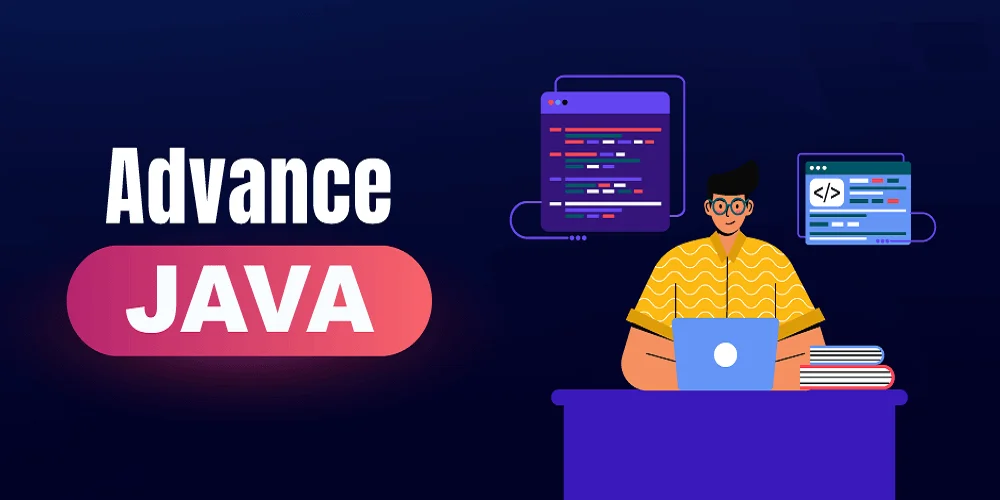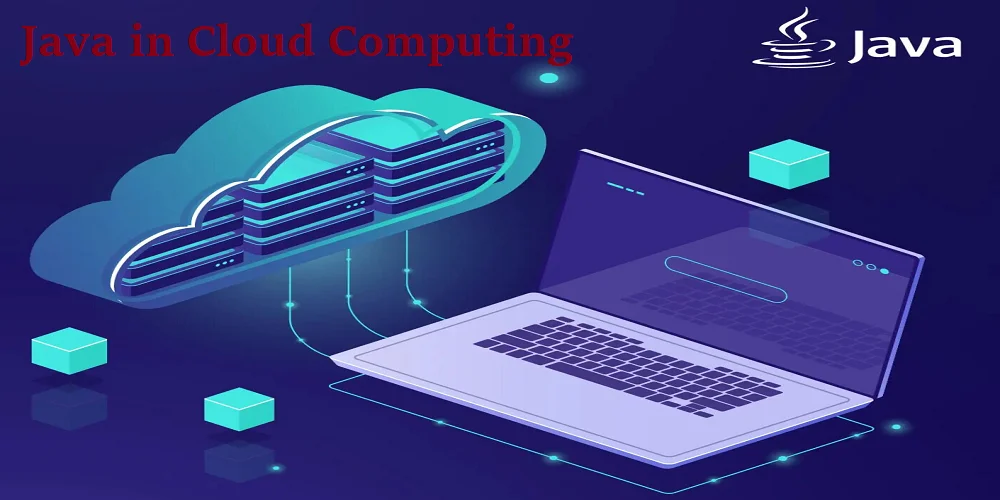Java technology, described as both portable and powerful, forms the foundation of many facets of computational environments. Originally produced by Sun Microsystems and currently owned by Oracle Corporation, Java has evolved from a single programming language into one of the most widely used platforms in the computer industry since its establishment in 1995. This blog post will explore what Java technology is, the characteristic features of this platform, and the significant role it plays in the modern world of digital technologies. Additionally, we’ll discuss the benefits of outsourcing Java development, a strategy that many businesses adopt to leverage specialized expertise, reduce costs, and accelerate project timelines in today’s competitive environment.
What is Java Technology?
Java is a high-level class-based object-oriented programming language specifically developed to have the minimum dependence on implementation. The latter enables developers to write Java source code that can be executed on any platform supporting the Java language, which makes it highly portable. Java technology comprises the Java Development Kit (JDK), the Java Runtime Environment (JRE), and the Java Virtual Machine (JVM). Java Development Company provides business solutions in the development of enterprise applications, mobile apps as well as the IoT solutions you need for success.
Key Components of Java Technology

1. Java Virtual Machine (JVM)
The JVM stands for Java Virtual Machine and is a significant component of the Java technology platform. It runs Java bytecode and provides the context within which Java applications operate.
2. Java Runtime Environment (JRE)
This component is the facilities, the Jung Virtual Machine (JVM), and another component necessary for Java’s script applications to operate.
3. Java Development Kit (JDK)
This is a full-featured Software Developer Kit (SDK) that is used for the development of applications under Java. It has the Java compiler and some libraries together with other tools used while programming Java language.
What is the purpose of Java?
- Android applications should be developed and designed.
- Uses for scientific computing.
- Big data and the analysis of the same should be fully utilized.
- Hardware device Java programming.
- They are useful in server-side technologies including Apache, JBoss, GlassFish, and other brands of Java Platforms.
Key Features of Java Technology
The popularity of Java technology is due to several key features that make it an attractive choice for developers and organizations:
1) Platform Independence
Java has the advantage of being a future-generation programming language that enables applications to be developed to run on any platform that supports a Java Virtual Machine (JVM).
2) Object-Oriented
Java is inherently an object-oriented language and this makes it easier to write reusable, modular, and easy-to-maintain code.
3) Automatic Memory Management
Java is equipped with automatic garbage collection so that memory utilization is properly taken care of and there is no heap overflow.
4) Rich API
Java has rich networking APIs, a range of data structures and APIs for GUI, and many more which make the problem of developing complex applications easier.
5) Strongly Typed Language
Java also does some type-checking statically meaning it does this at the point when the source is being compiled thereby minimizing errors and improving the reliability of the code.
6) Multi-threading
Java has multithreading capability, which enables the execution of two or more threads concurrently, making it suitable for high-performance applications.
7) Security
Other security aspects within Java include the Java Security Manager and the Java Virtual Machine’s bytecode verifier, and therefore it is possible to implement secure applications based on the Java platform.
8) Community Support
One of the strongest points of Java is that there is a very large number of people using it and creating content related to it: libraries, frameworks, tools, etc.
9) Enterprise Readiness
Since Java does not cause compatibility issues its operation is stable, scalable, and has a high level of security, it is actively used in enterprise applications.
Why Do We Need Java Technology?

Java technology is essential for several reasons:
1. Cross-Platform Compatibility
Java is platform-independent and thus enables developers to run applications across platforms without the need for code alterations improving the efficiency of the development process.
2. Enterprise-Grade Applications
Java is highly reliable, can be easily scaled up, and has high-security measures that are desirable in large-scale applications. It plays an important role in running various operations in banking, healthcare, and government industries.
3. Android Development
As the main programming language for the Android operating system, Java technology is extremely vital for any developer who is working on mobile applications.
4. Internet of Things (IoT)
Java is not limited to being used on smart devices alone but also on IoT devices for the development of applications that can run on several devices.
5. Community and Ecosystem
Java technology has a strong, large, and vibrant user base, with a very strong ecosystem in the forms of framework, library, and tooling that is well suited for rapid development and creativity.
What exactly is the Java Platform?
The Java Platform is a set of tools designed to assist in the production and execution of software that is based on Java. It is capable of providing a runtime environment, features a compiler, and has a library system. In other words, information technology is a combination of a package of programs and technical specifications. Java was created by James Gosling while he was employed at Sun Microsystems, and Oracle Corporation then obtained the solution.
Java programming language platforms are classified into four types:
- Java Platform, Standard Edition (Java SE): The Java SE API contains fundamental facilities needed for Java programming language to run. It describes the type and object bases for all high-level classes.
- Java Programming Language Platform, Micro Edition (Java ME): Mobile phone applications built in Java are operated on a unique little virtual machine and an API that make up the Java ME platform.
- Java Platform, Enterprise Edition (Java EE): The Java EE platform offers a development and deployment environment as well as an API for scalable, large-scale multi-tier applications appropriate for network computing systems.
- Java FX: JavaFX offers the opportunity to create reliable Web applications based on a chosen, lightweight user interface API.
Top 5 Advantages of Hiring a Java Development Company
1) Expertise and Experience
Java development companies have personnel who are professionals with significant experience in development, which results in efficient and effective code.
2) Cost Efficiency
This means that outsourcing Java development is more cost-effective than building one’s team, cutting down on overheads.
3) Access to Latest Technologies
Professionals need to keep track of the new latest challenges in Java technology and offer you the use of the new developments.
4) Scalability
A dedicated Java development company can always establish resources for work in the form of a team and increase or decrease if required on a project-by-project basis, which can be beneficial.
5) Focus on Core Business
Outsourcing Java development helps small and large enterprises manage their resources more efficiently while avoiding the intricacies of Java technology.
Conclusion
Java technology plays one of the main roles in the contemporary software engineering field. These attributes such as platform independent, highly performant, highly secure, and very powerful cloud-based IoT framework make it an essential tool in the development arsenal of developers globally.
Frequently Asked Questions (FAQs)
1) Is Java free to use?
Yes, Java is open source for most of the use as long as you do not want to use enterprise Java, and you will have to pay Oracle to use it.
2) Can Java be used for web development?
Of course, Java can be used for web development using Spring framework or Java Server Faces (JSF).
3) What is the difference between Java and JavaScript?
Java is a compiled language, which can be used to write any kind of application, while JavaScript is used to create scripts for websites and is interpreted by the browser.
4) How do I install Java on my computer?
Downloading and installing JDK can be obtained from Oracle’s official page for JDK or use an open-source called OpenJDK.
5) Is Java suitable for game development?
Yes, Java can be used for game development, especially for games running on Android, but it is not as popular as C++ or C.
Take your AI integration skills to the next level by reading: Webflux Migration to Spring Boot



